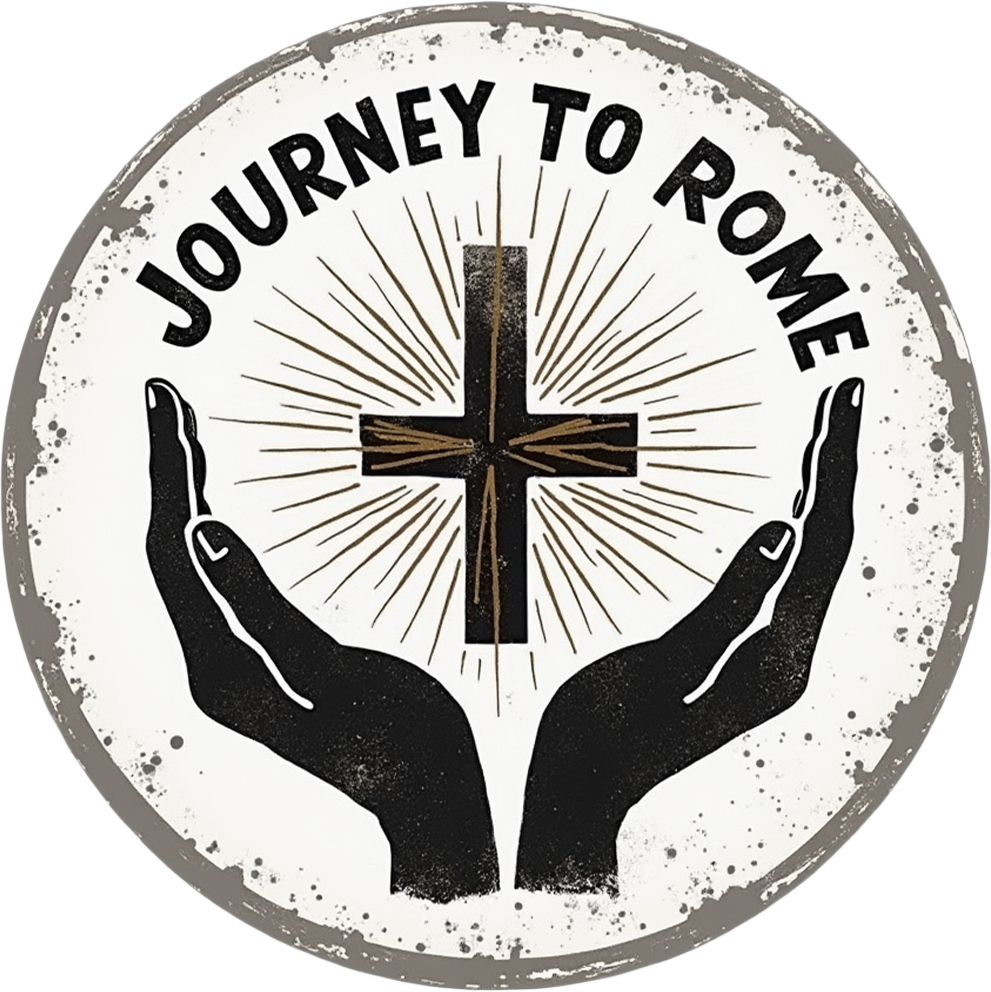
Can Non-Catholics Enter Heaven?
Do You Need to be Catholic to be Saved?
The short answer is “no” (not necessarily). But the more you dig into the question, the more new questions arise.
On November 21, 1964, during the Second Vatican Council, Pope Paul VI proclaimed the following:
Lumen Gentium §16 (excerpt):
"Those who, through no fault of their own, do not know the Gospel of Christ or His Church, but who nevertheless seek God with a sincere heart, and, moved by grace, try in their actions to do His will as they know it through the dictates of their conscience — those too may achieve eternal salvation."
This teaching does not contradict the Catholic teaching that the Church is necessary for salvation, but it clarifies that this necessity is not absolute in terms of visible membership. Instead, it emphasizes the role of God's grace and the sincerity of the individual’s response to it.
Having said that, it’s a popular belief among many people in general that if you are a “good person”, meaning you are not a murderer, not torturing people or kicking dogs, just generally a nice and caring person, surely the loving God will take you in Heaven. But, where it starts to get interesting is when you look at scripture…
Jesus gave us several requirements for Heaven. None of them were “be a good person”. Lets start with the Lords prayer. Specifically, the forgive me as I forgive others part. Do we forgive everyone that’s ever wronged us? What about criminals, politicians, bullies, etc? It’s easy to forgive those we love, but this forgiveness thing can get to be a tall order when talking about those we don’t. But in the Lords prayer, we are making this a condition.
Next, there is this:
John 3:5 — "Jesus answered, 'Truly, truly, I say to you, unless one is born of water and the Spirit, he cannot enter the kingdom of God.’”
Most Christians believe this to be Baptism, our entrance into the new covenant with God. As a Catholic, we would mimic the custom of circumcision (Jews’ entrance into the old covenant) i.e. do it as an infant if born into a Jewish family (as Mary and Joseph did with Jesus). Some Protestants would agree, some would not, and some would have a different concept of Baptism in general. Point being, this is a sacrament that has very clear consequences.
Another one:
John 6:53 — "So Jesus said to them, 'Truly, truly, I say to you, unless you eat the flesh of the Son of Man and drink His blood, you have no life in you.’"
I would say at least Catholics and Lutherans would agree this is clearly the Eucharist. Another sacrament. Other Protestants may not see it as a sacrament. Catholics and Lutherans see Christ’s true presence in the Eucharist where other Protestants believe it to be more symbolic. Without getting into the debates and early church teachings, we should agree that Jesus is telling us we need to do this in order to have everlasting life (Heaven).
OK, last one:
Luke 10:16 —"The one who hears you hears me, and the one who rejects you rejects me, and the one who rejects me rejects him who sent me.”
Catholics see this as apostolic authority, which was handed down through the centuries. Meaning, if there is any question as to if the sacraments are required, we can ask the Church. But what if we reject the Church?
~
God gave us the Sacraments, but God is not bound by His sacraments. Meaning, ultimately God can do what He wants. Let me emphasize, GOD can do what He wants. We believe that God wills Heaven for all of us but we have to choose it, and live in that choice to the best our honest intellect will allow.
